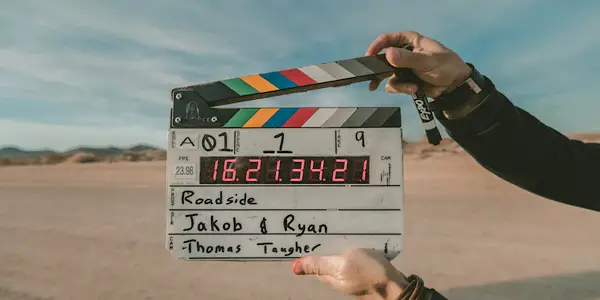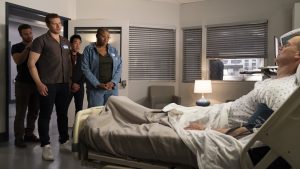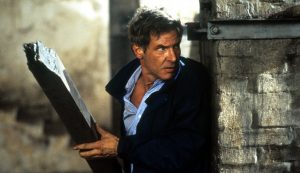
The Cinematic Sensations That Abound at Film Festivals By Briana Hilton.
“Being at a film festival reminds me of the power of film. The power that we have in our hands. Telling specific stories about personal matters can start the debate that is needed today, and that connect you with realities that you had no idea were connected.” – Diego Luna
Every budding filmmaker dreams of their work featuring on the silver screen at a film festival. Festivals like Cannes, Sundance or the Toronto International Film Festival are world-renowned events that serve to heighten the awareness of new films, celebrate excellent filmmaking, and bring to light new talents in everything from cinematography to acting.
In the Presence Of Greats
Arguably one of the most inimitable sensations of attending a film festival in person is the chance to rub soldiers with cinematic greats — from directors to sound technicians, wardrobe stylists to actors. During film screenings, the director often speaks to the audience and answers questions about the movies. Actors and actresses are also often available for Q&A sessions, which include the film’s director, writer, and actors. This offers the press and members of the audience a unique chance to understand specific choices ranging from locations to cinematographic techniques. Members of the audience are also able to obtain vital information about the way in which actors approach specific roles and the work they will be completing in the near future.
Panel Discussions
Panel discussions are a unique way to learn more about projects. Unlike typical Q&As, they are typically led by experienced moderators who are well-versed in a director and actor’s work, and who is able to bring up profound ideas and techniques that can be particularly helpful for those studying or starting out in film. They are typically journalists, acting academy directors, industry gurus, or consultants who are masters at asking probing questions. A few minutes are always left aside for questions and answers, so any pressing questions that arise during the discussions can be addressed before the end of the session.
Discovering Film Locations
During talks and panel discussions, you can discover information that often gets left out in online publications and interviews. For instance, you may wonder where films like Avatar: The Way of Water, All Quiet on the Western Front, or The Fabelmans were filmed. You may have been taken by the natural beauty of film sites in the UK, the US, New Zealand, and other countries that may have been altered with fantastical new features.
source: “A person holding a clapper board in a desert” by Jakob Owens on Unsplash
Film locations and the technologies used to lend them a magical air are often a thing of mystery that fascinates cinephiles. Indeed, there is a burgeoning industry centered around travel to film locations where films like Harry Potter, Lawrence of Arabia, or The Bridge on the River Kwai were made.
Melting Pots of Culture
Film festivals are an ideal way to discover the cinema of other cultures and to showcase stories from diverse backgrounds and perspectives. For instance, at Sundance, there is a section called World Cinema, which is dedicated to foreign films. For foreign, filmmakers, this section of the festival is vital, because it offers them a platform to the US and other markets. The Cannes Film Festival, meanwhile is fully dedicated to international films. The jury panel itself is made of a myriad of international artists who boast a wide body of work and respect from their peers. Around 2,000 films are submitted to this festival every year and the selection committee watches each one, though only around 56 feature films and 14 short films are chosen to be part of the Official Selection. It is a fantastic way for audiences from across the globe to discover upcoming talents—those whose voice and vision will be shaping the future of the cinema.
Film festivals epitomize the magic, artistry, and beauty of the cinematic industry. They not only offer audiences a chance to see glamorous stars and filmmakers up close, but also give them an insight into the minds of some of the world’s greatest creators. They allow audiences to discover everything from techniques to film locations, bringing to light the hard work and commitment that go behind the magnificent films that form such an important part of our collective memory.
Does content like this matter to you?
Become a Member and support film journalism. Unlock access to all of Film Inquiry`s great articles. Join a community of like-minded readers who are passionate about cinema – get access to our private members Network, give back to independent filmmakers, and more.




